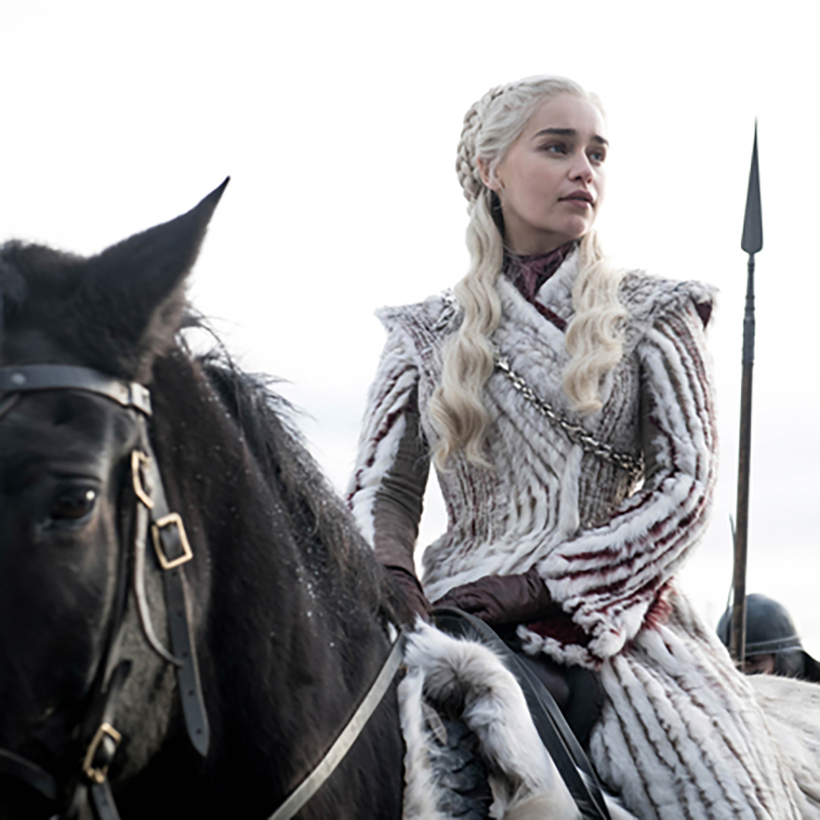On April 17, 2011, a fantastical TV series flickered tentatively to life on HBO and swiftly met with critical derision for its endless exposition and plodding story lines. The New York Times disparaged it as “a costume-drama sexual hopscotch.” Slate went further, trashing it as “medieval, dragon-ridden fantasy crap.”
By 2014, however, Game of Thrones had overtaken HBO’s flagship hit, The Sopranos, and at the end of its eighth and final season, it was a global phenomenon, the water-cooler topic of the decade.

